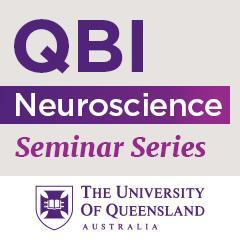Professor Yasunori Hayashi - Kyoto University, Japan : "Online and offline synaptic plasticity during systems memory consolidation"

Speaker:
Professor Yasunori Hayashi
Department of Pharmacology
Kyoto University Graduate School of Medicine
Kyoto 606-8501 Japan
Title: "Online and offline synaptic plasticity during systems memory consolidation"
Memory is initially formed in the hippocampus and then transferred to the rest of brain for long-term storage. This process is called memory consolidation. Synaptic plasticity has been assumed to be important in this process, but its precise spatiotemporal patterns have not yet been fully understood. We have therefore developed a novel optogenetic technique to selectively eliminate long-term potentiation (LTP) within a fixed time frame. This technique revealed that different stages of memory play different roles for LTP. First, LTP, which occurs locally in the hippocampus concurrently with memory events, confers context-specificity to neuronal firing. Second, LTP occurs again in the hippocampus during sleep on the same day. This LTP forms a synchronicity of firing. Finally, LTP in the anterior cingulate cortex during sleep on the day following the memory is necessary for further stabilization of the memory. Thus, LTP occurs in stages during the early stages of memory formation to anchor the memory for a long period of time. We named the LTP that occurs after a time lapse from the memory event as offline LTP, which was first revealed by using this method.
About Neuroscience Seminars
Neuroscience seminars at the QBI play a major role in the advancement of neuroscience in the Asia-Pacific region. The primary goal of these seminars is to promote excellence in neuroscience through the exchange of ideas, establishing new collaborations and augmenting partnerships already in place.
Seminars in the QBI Auditorium on Level 7 are held on Wednesdays at 12-1pm, which are sometimes simulcast on Zoom (with approval from the speaker). We also occassionally hold seminars from international speakers via Zoom. The days and times of these seminars will vary depending on the time zone of the speaker. Please see each seminar listed below for details.



